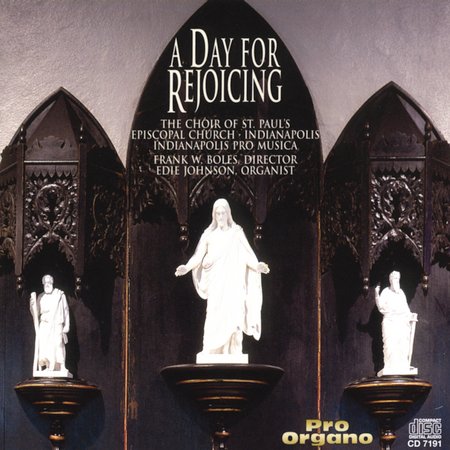
Noe, Marcia
In the early 1900s, three small-town midwestern playwrights helped shepherd American theatre into the modern era. Together, they created the renowned Provincetown Players collective, which not only launched many careers but also had the power to affect US social, cultural, and political beliefs.
The philosophical and political orientations of Floyd Dell, George Cram Cook, and Susan Glaspell generated a theatre practice marked by experimentalism, collaboration, leftist cultural critique, rebellion, liberation, and community engagement. In Three Midwestern Playwrights, Marcia Noe situates the origin of the Provincetown aesthetic in Davenport, Iowa, a Mississippi River town. All three playwrights recognized that radical politics sometimes begat radical chic, and several of their plays satirize the faddish elements of the progressive political, social, and cultural movements they were active in.
Three Midwestern Playwrights brings the players to life and deftly illustrates how Dell, Cook, and Glaspell joined early 20th-century midwestern radicalism with East Coast avant-garde drama, resulting in a fresh and energetic contribution to American theatre.







